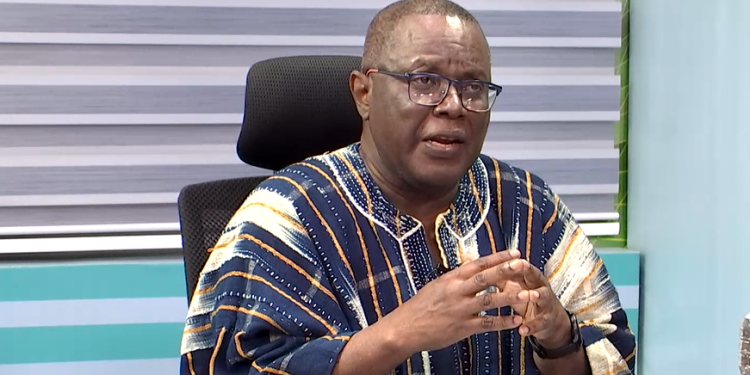The 24-hour economy revisited – Nii Moi Thompson writes
Almost immediately, some critics dismissed the strategy as impractical, arguing that Ghana’s economy was too small to absorb any increase in output from 24-hour business operations.

Nearly a year ago, former president John Dramani Mahama set the otherwise dull pre-campaign season agog with his promise to transform Ghana’s development fortunes with a 24-hour economy (24-HE) in his possible second term.
Almost immediately, some critics dismissed the strategy as impractical, arguing that Ghana’s economy was too small to absorb any increase in output from 24-hour business operations.
- Advertisement -
Mr Mahama quieted them with the disclosure that he would chair a special inter-sectoral team to accelerate exports and open up foreign markets for Ghanaian businesses.
- Advertisement -
The critics then regrouped under the banner that Ghana already had a 24-hour economy, including some light-manufacturing firms, mining companies, pharmacies and hospitals, the police service, other government services, and chop bars (although the last is a rarity, even in big cities). Others argued that it is impossible to get all businesses to operate 24 hours.
This, however, was a distortion of the strategy, originally proposed in Mr. Mahama’s 40-year National Development Plan. It’s about more than the handful of companies that currently operate around the clock, by default, not strategy. The 24HE, by contrast, is a purposeful strategy to utilise as much idle productive capacity as possible while strengthening existing but under-utilised capacity across all businesses, irrespective of when they operate. Under the strategy, the majority of businesses, particularly SMEs, will continue to operate during the day.
- Advertisement -
They will receive special support to operate more efficiently, expand their operations, and create more jobs, resulting in higher profits, better wages, an expanded tax base, and more government revenue to finance development.
As of 2023, SMEs accounted for just over 90% of businesses in Ghana, about 80% of employment, and 40-50% of GDP, similar to their global averages. As with their counterparts elsewhere, including advanced economies, Ghana’s SMEs tend to have lower productivity (efficiency) than their bigger cousins do. Under the 24HE, this deficiency will be addressed through an accelerated programme to boost SMEs’ productivity under a revitalised Local Economic Development (LED) programme, which will include a continuation of Mr Mahama’s Markets Modernisation Programme and a wider modernisation of the informal economy. A Business Climate Survey (BCS) to guide wider policies for private sector development will also be introduced.
The minority of businesses that are expected to operate 24/7 at the upper end of the strategy will be “frontier firms,” which are, ideally, bigger and capable of investing and operating on a large scale and employing more people than a typical SME would.
Source:dailygossipsonline.com
- Advertisement -



